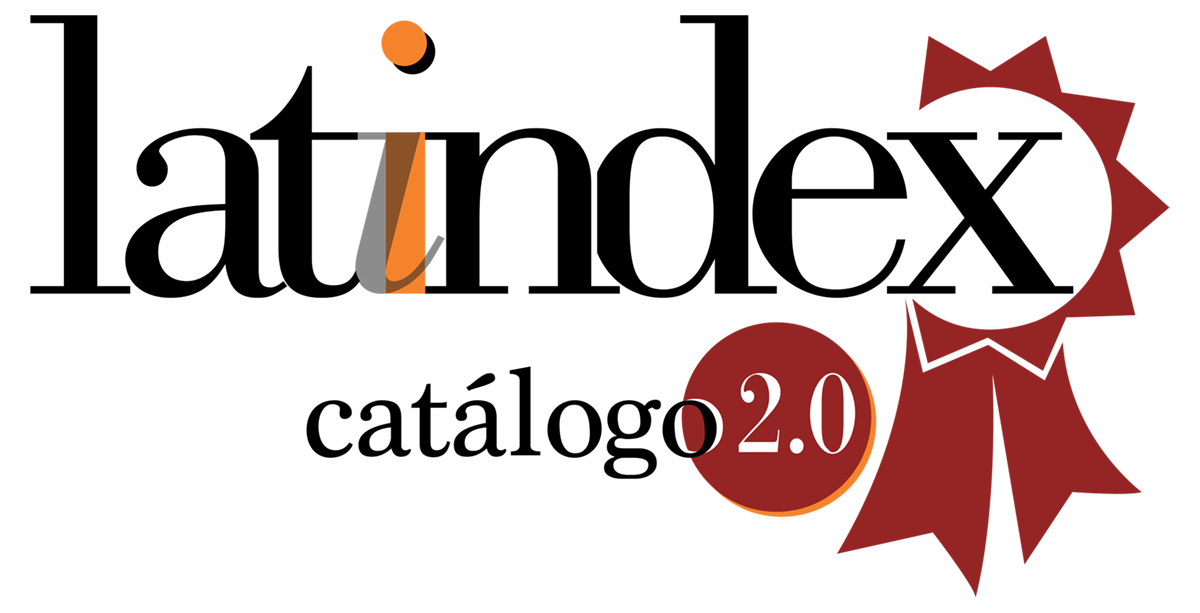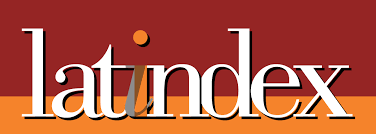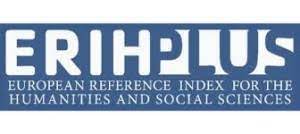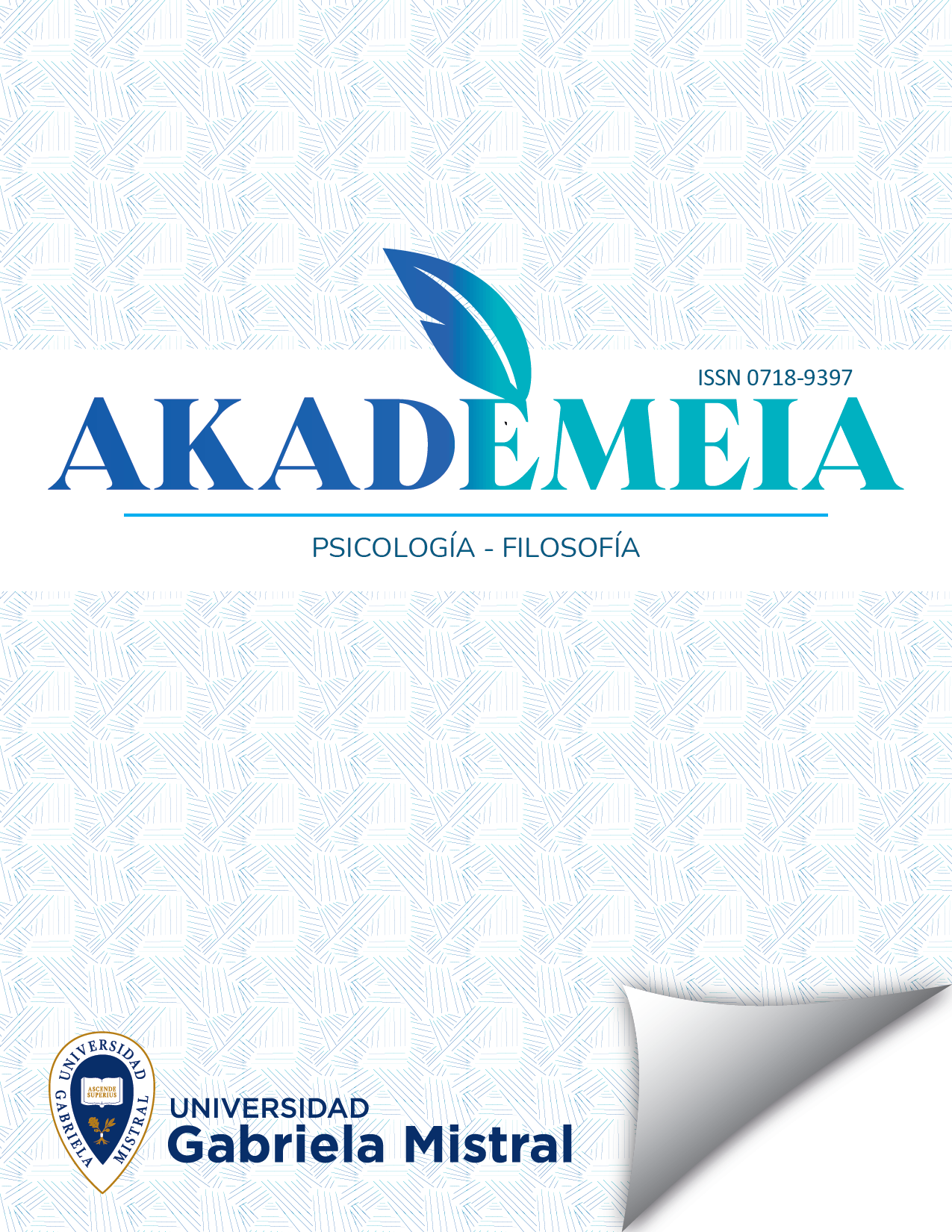Escritura Expresiva sobre Sintomatología Ansiosa en Tiempos de Pandemia Covid-19: un Estudio Piloto
DOI:
https://doi.org/10.61144/0718-9397.2021.392Abstract
El propósito de la presente investigación piloto fue evaluar la efectividad de la escritura expresiva modalidad virtual y a distancia para disminuir los niveles de ansiedad en medio de la actual pandemia por Covid-19 en Colombia. La muestra estuvo conformada por 14 estudiantes universitarios, con un promedio de edad de 35 años, principalmente mujeres y finalizando su formación profesional. Se utilizó un diseño experimental de caso único AB, con mediciones pre y pos intervención. Para estas mediciones se utilizó el Inventario de Ansiedad Rasgo-Estado (IDARE), a fin de cuantificar los niveles de ansiedad de la muestra. Como modelo de intervención se llevó a cabo el protocolo formulado por Pennebaker, desarrollando las adaptaciones particulares al contexto colombiano y a la situación de pandemia actual. Se realizaron análisis estadísticos mediante el software SPSS versión 16. Entre otros resultados, se determinó que la escritura expresiva disminuyó levemente los niveles de ansiedad estado y rasgo, sin embargo, no estadísticamente significativa. Finalmente, se sugiere desarrollar estudios con mayores muestras poblacionales y cuantificando las variables mediadoras y moderadoras, con el objeto de optimizar la efectividad del tratamiento, ya que el mismo, es de fácil aplicación y bajo costo, adicional puede ser complementario al modelo de intervención individual tradicional, contribuyendo a la mitigación del fenómeno de afectaciones en salud mental, principalmente de cuadros de ansiedad en estudiantes universitarios.References
Allen, S., Wetherell M., & Smith, M. (2020). Online writing about positive life experiences reduces depression and perceived stress reactivity in socially inhibited individuals. Psychiatry Research 284 (1), 112697. https://doi.org/10.1016/j.psychres.2019.112697
Ato, M., López, J., & Benavente, A. (2013). Un sistema de clasificación de los diseños de investigación en psicología. Anales de Psicología, 29 (3), 1038-1059. https://doi.org/10.6018/analesps.29.3.178511
Baikie, K., Geerligs L & Wilhelm, K. (2012). Expressive writing and positive writing for participants with mood disorders: An online randomized controlled trial. Journal of Affective Disorders 136 (3), 310-319. https://doi.org/10.1016/j.jad.2011.11.032
Bernard, M., Jackson, C., & Jones, C. (2006). Written emotional disclosure following first-episode psychosis: effects on symptoms of post-traumatic stress disorder. British Journal of Clinical Psychology, 45 (1) 403-415. https://doi.org/10.1348/014466505X68933
Cao W, Fang Z, Hou G, Han M, Xu X, Dong J, et al. (2020). The psychological impact of the COVID-19 epidemic on college students in China. Psychiatry Research 287 (1). https://doi.org/10.1016/j.psychres.2020.112934
Chen, L., Zhao, H., Razin, D., Song, T., Wu, Y., Ma, X., Huerxida., Wang, G., Wang, M & Yan, L. (2021) Anxiety levels during a second local COVID-19 pandemic breakout among quarantined people: A cross sectional survey in China. Journal of Psychiatric Research, 135 (1). https://doi.org/10.1016/j.jpsychires.2020.12.067
Del Pino, T., Peñate, W., Fumero, A., Bethencourt, J. M., & Zambrano, S. (2016). La eficacia de la reexperimentación emocional el papel del optimismo y la alexitimia, Journal of Educational Psychology, 6(3), 193-205. https://doi.org/10.30552/ejihpe.v6i3.179
Fu, W., Yan, S., Zong, Q., Anderson-Luxford, D., Song, X., Lv, Z., & Lv, C. (2020) Mental health of college students during the COVID-19 epidemic in China. Journal of Affective Disorders, 280 (1), 7-10. https://doiorg.ezproxy.uniminuto.edu/10.1016/j.jad.2020.11.032
Graf, M. C., Gaudiano, B. A., & Geller, P. A. (2008). Written emotional disclosure: A controlled study of benefits of expressive writing homework in outpatient psychotherapy. Psychotherapy Research, 18, 389 – 399. https://doi.org/10.1080/10503300701691664
Hevey, D., & Wilczkiewicz, E. (2014). Changes in language use mediate expressive writing’s benefits on health-related quality of life following myocardial infarction. Health Psychology and Behavioral Medicine, 2(1), 1053–1066. doi: http://dx.doi.org/10.1080/21642850.2014.971801
Huarcaya-Victoria, J. (2020). Consideraciones sobre la salud mental en la pandemia de COVID19. Revista Peruana de Medicina Experimental y Salud Publica, 37 (2), 327-334. DOI: https://doi.org/10.17843/rpmesp.2020.372.5419.
Ireland, M., Malouff, J., & Byrne, B. (2007). The efficacy of written emotional expression in the reduction of psychological distress among police officers. International Journal of Police Science & Management, 9(4), 303-311. https://doi.org/10.1350/ijps.2007.9.4.303
Jannah, M., Widohardhono, R., Fatimah, F., Dewi, D., & Umanailo, M. (2019). Managing Cognitive Anxiety through Expressive Writing in Student-Athletes. International Journal of Scientific and Technology Research 8(10), 1615-1618. http://www.ijstr.org/finalprint/oct2019/Managing-Cognitive-Anxiety-Through-Expressive-Writing-In-Studentathletes.pdf
Minsalud (Ministerio de salud de Colombia). (2020). La opción 4 de la línea 192 brindó 11.457 atenciones en salud mental. Recuperado de: https://www.minsalud.gov.co/Paginas/Laopcion-4-de-la-linea-192-brindo-11.457-atenciones-en-salud-mental.aspx
Niles, A., Haltom, K., Mulvenna, C., Lieberman M & Stanton, A. (2014). Randomized controlled trial of expressive writing for psychological and physical health: the moderating role of emotional expressivity. Anxiety, Stress and Coping 27 (1), 1-17. DOI:10.1080 / 10615806.2013.802308
OMS (Organización Mundial de la Salud). (2020). Los servicios de salud mental se están viendo perturbados por la COVID-19 en la mayoría de los países. Recuperado de: https://www.who.int/es/news/item/05-10-2020-covid-19-disrupting-mental-healthservices-in-most-countries-who-survey.
Palacios, J., Martínez, Y., Ochoa, N. & Tirado, E. (2006). Relación del rendimiento académico con las aptitudes mentales, salud mental, autoestima y relaciones de amistad en jóvenes universitarios de Atlántico y Bolívar. Revista Psicogente, 9 (15), 11-31. https://www.redalyc.org/pdf/4975/497552137001.pdf
Park, D., Ramírez, G & Beilock, S. (2014). The Role of Expressive Writing in Math Anxiety. Journal of Experimental Psychology: Applied 20 (2), 103-111. DOI: 10.1037/xap0000013
Pennebaker, J.W. (1997). Opening Up: The Healing Power of Expressing Emotions. New York: Guilford Press
Pennebaker, J.W. (2004). Writing to heal: A guided journal for recovering from trauma and emotional upheaval. Oakland, CA: New Harbinger Press.
Pennebaker, J. W., & Beall, S. K. (1986). Confronting a traumatic event: Toward an understanding of inhibition and disease. Journal of Abnormal Psychology, 95, 274–281. doi:10.1037/0021-843X.95.3.274
Pennebaker, J.W., Francis, M.E., & Booth, R.J. (2001). Linguistic Inquiry and Word Count (LIWC): LIWC 2001. Mahwah, NJ: Erlbaum Publishers.
Pennebaker, J.W. & King, L.A. (1999). Linguistic styles: Language use as an individual difference. Journal of Personality and Social Psychology, 77, 1296-1312. https://psycnet.apa.org/record/1999-15054-015
Pennebaker, J.W., Mehl, M.R., & Niederhoffer, K.G. (2003). Psychological aspects of natural language use: Our words, our selves. Annual Review of Psychology, 54, 547-577. https://doi.org/10.1146/annurev.psych.54.101601.145041
Qian, J., Zhou, X., Sun, X., Wu, M., Sun, S & Yu, X. (2020) Effects of expressive writing intervention for women's PTSD, depression, anxiety and stress related to pregnancy: A meta-analysis of randomized controlled trials. Psychiatry Research 288 (1), 112933. https://doi.org/10.1016/j.psychres.2020.112933
Randler, C., Wüst-Ackermann, P., Im-Kampe, V., Meyer-Ahrens, I., Tempel, B & Vollmer, C. (2015). Effects of Expressive Writing Effects on Disgust and Anxiety in a Subsequent
Dissection. Research in Science Education 45 (5), 647-661. DOI: 10.1007/s11165-0149442-x.
Robertson, S., Short, S., Sawyer, L & Sweazy, S. (2020). Randomized controlled trial assessing the efficacy of expressive writing in reducing anxiety in first-year college students: the role of linguistic features. Psychology & health, 1-25. DOI: 10.1080/08870446.2020.1827146.
Sahoo, S., Sahu, D., & Kankaria, A. (2020). Mis-infodemic: The Achilles’ heel in combating the COVID-19 pandemic in an Indian perspective. Monaldi Archives for Chest Disease 90 (2). https://doi.org/10.4081/monaldi.2020.1405.
Shen, L., Yang, L., Zhang, J., & Zhang, M. (2018). Benefits of expressive writing in reducing test anxiety: A randomized controlled trial in Chinese samples. Plos one, 13(2), 1-15. Doi: 10.1371/journal.pone.0191779
Spielberger, C. & Díaz, R. (1975). Inventario de ansiedad, rasgo-estado IDARE. México: Librería Interacadémica.
How to Cite
License
Los autores/as conservarán sus derechos de autor y garantizarán a la revista el derecho de primera publicación de su obra, el cual estará simultáneamente sujeto a la Licencia de reconocimiento de Creative Commons (CC BY-NC-ND) 4.0 que permite a terceros compartir la obra siempre que se indique su autor y se comparta el documento, en formato pdf y con la paginación del número original, a través del que este ha sido publicado por la revista. Siguiendo las definiciones establecidas por la licencia (ver: https://creativecommons.org/licenses/by-nc-nd/4.0/deed.es) los números de la revistas seguirán los siguientes términos:
-
Atribución — Usted debe dar crédito de manera adecuada, brindar un enlace a la licencia, e indicar si se han realizado cambios. Puede hacerlo en cualquier forma razonable, pero no de forma tal que sugiera que usted o su uso tienen el apoyo de la licenciante.
-
No Comercial — Usted no puede hacer uso del material con propósitos comerciales.
-
Sin Derivadas — Si remezcla, transforma o crea a partir del material, no podrá distribuir el material modificado.
- No hay restricciones adicionales — No puede aplicar términos legales ni medidas tecnológicas que restrinjan legalmente a otras a hacer cualquier uso permitido por la licencia.












